Vietnamese folk culture festival opens in Ho Chi Minh city
- Police ensure public order and safety at Hung Kings Temple Festival
- Two Vietnamese movies to compete at ASEAN Int'l Film Festival
- Festival seeks to build brand names for southern traditional cakes
According to organizers, the three-day festival took place at the city’s Nguyen Hue pedestrian zone in District 1, attracted thousands of visitors.
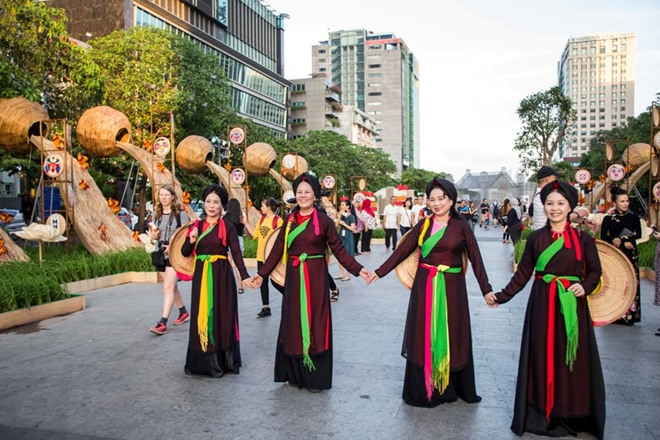 |
The festival is a public holiday annually observed on the tenth day of the third lunar month to honor Hung Kings, Vietnam’s legendary founding fathers.
The festival featured various forms of folk art performances from across the nation such as “xoe” dance in the north, “bai choi” singing and gong dance in the central region and “don ca tai tu” art form (southern amateur singing) in the south.
Legend has it that the Hung Kings ruled Vietnam from 2879 BC until 258 BC and they are considered the founders of the nation. To honour the Kings, the 10th day of the third lunar month is designated as their national commemorative anniversary date.
This year’s holiday falled on April 14.
Serveral photos of the festival:
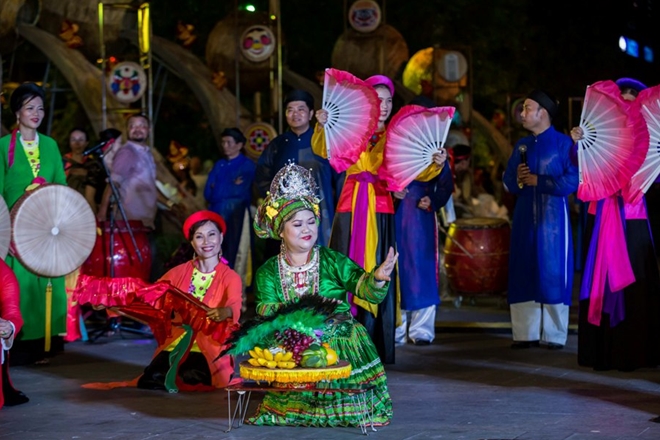 |
| A Vietnamese folk culture festival took place from April 13-15 in Ho Chi Minh City to serve local people and visitors in celebration of the country’s annual Hung Kings' Festival. |
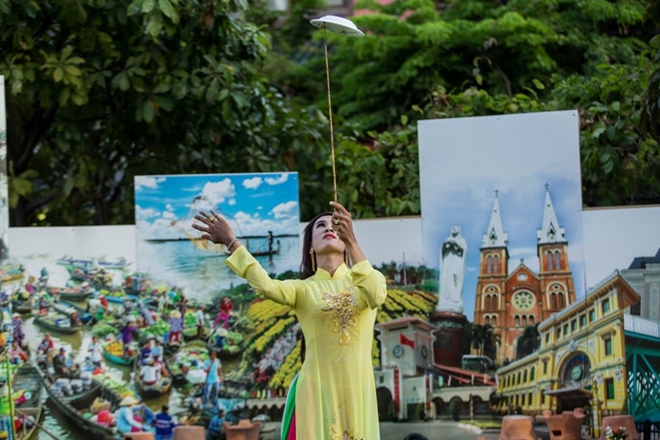 |
| According to organizers, the three-day festival took place at the city’s Nguyen Hue pedestrian zone in District 1, attracted thousands of visitors. |
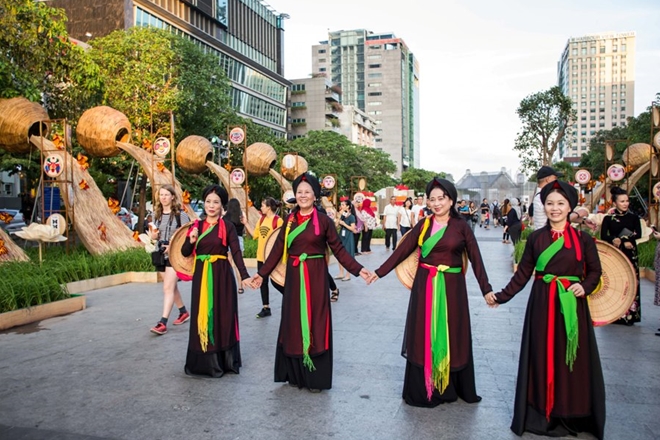 |
| The festival is a public holiday annually observed on the tenth day of the third lunar month to honor Hung Kings, Vietnam’s legendary founding fathers. This year’s holiday falled on April 14. |
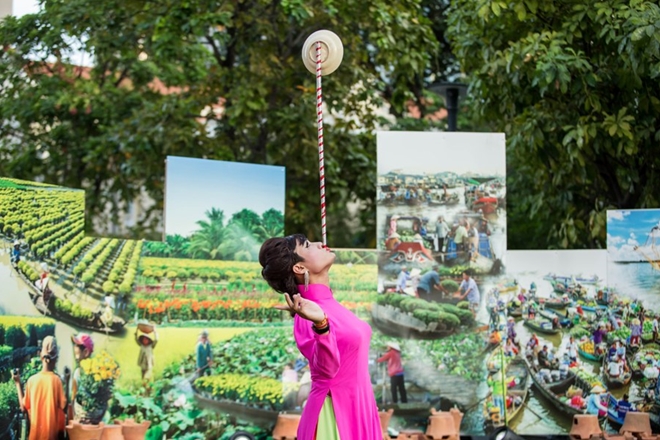 |
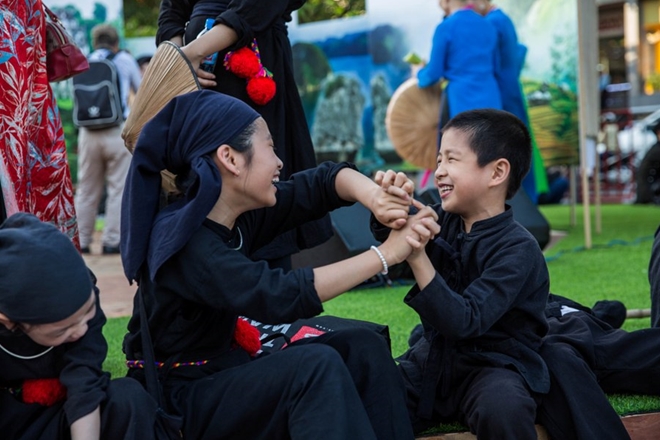 |
|
The festival featured various forms of folk art performances from across the nation such as “xoe” dance in the north, “bai choi” singing and gong dance in the central region and “don ca tai tu” art form (southern amateur singing) in the south. |
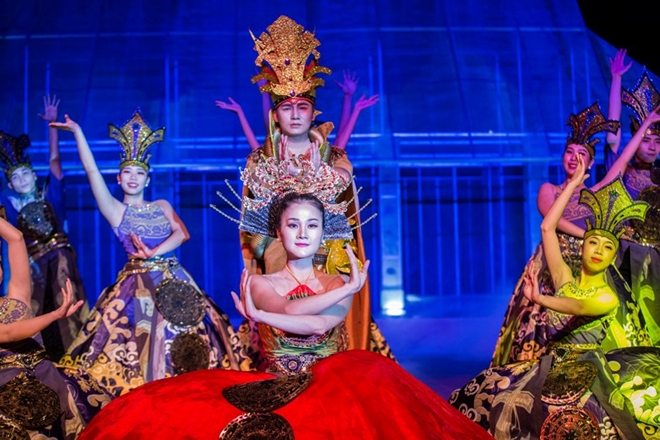 |
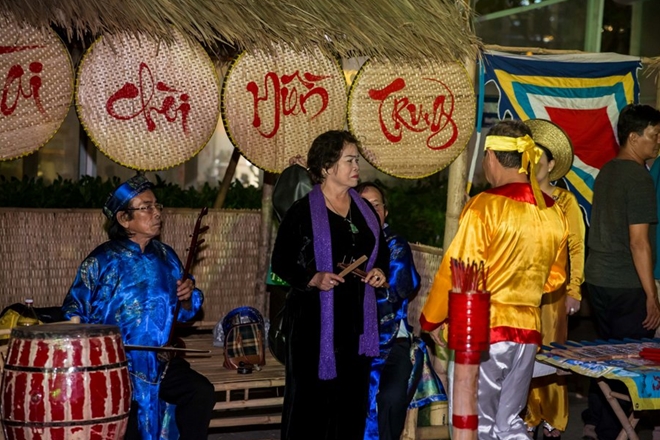 |
| The festival featured various forms of folk art performances from across the nation such as “xoe” dance in the north, “bai choi” singing and gong dance in the central region and “don ca tai tu” art form (southern amateur singing) in the south. |

